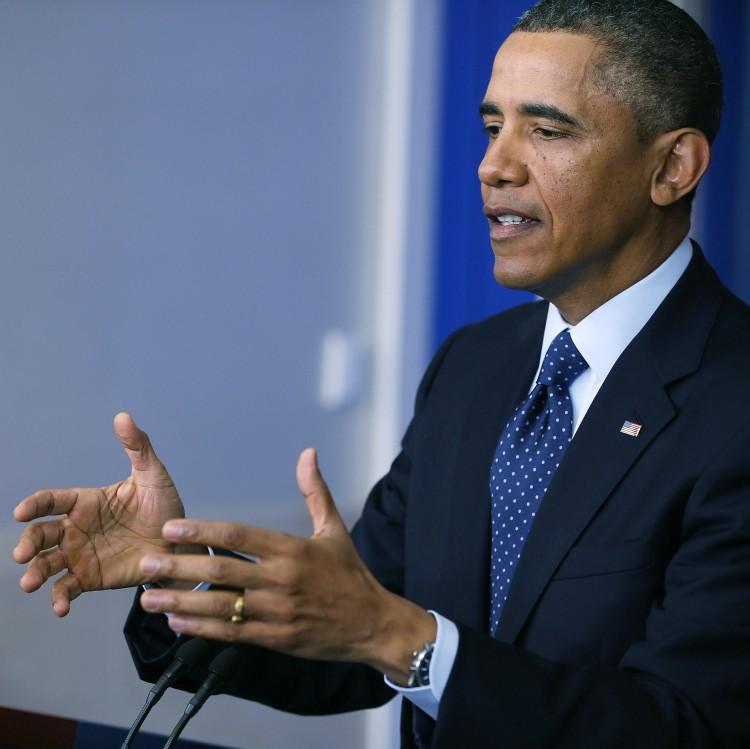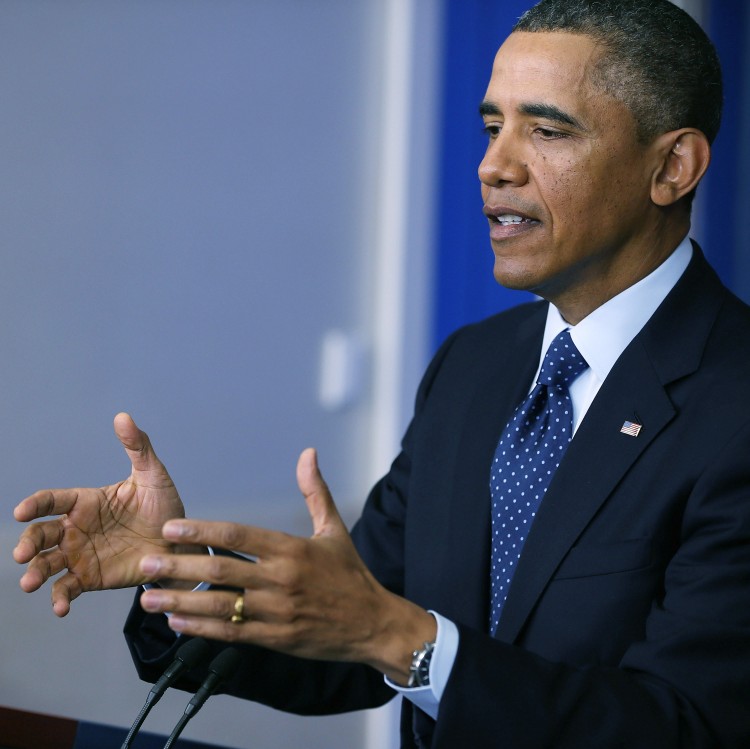Obama pardons 17 convicts, using his clemency power for the first time in his second term. Obama has not used the power as freely as most presidents in the past.
Obama Pardons 17 Convicts: Past Presidents More Liberal
Obama pardons 17 convicts on Friday, his first use of the presidential clemency power in his second term. It is a liberal use of clemency compared to the beginning of his first term, but still far more conservative than past presidents.

U.S. President Barack Obama speaks to the media after meeting with Congressional leaders at the White House, March 1, 2013, in Washington, D.C. Obama has granted pardons to 17 federal convicts, the first use of the power of clemency in his second term. Mark Wilson/Getty Images
|Updated:






